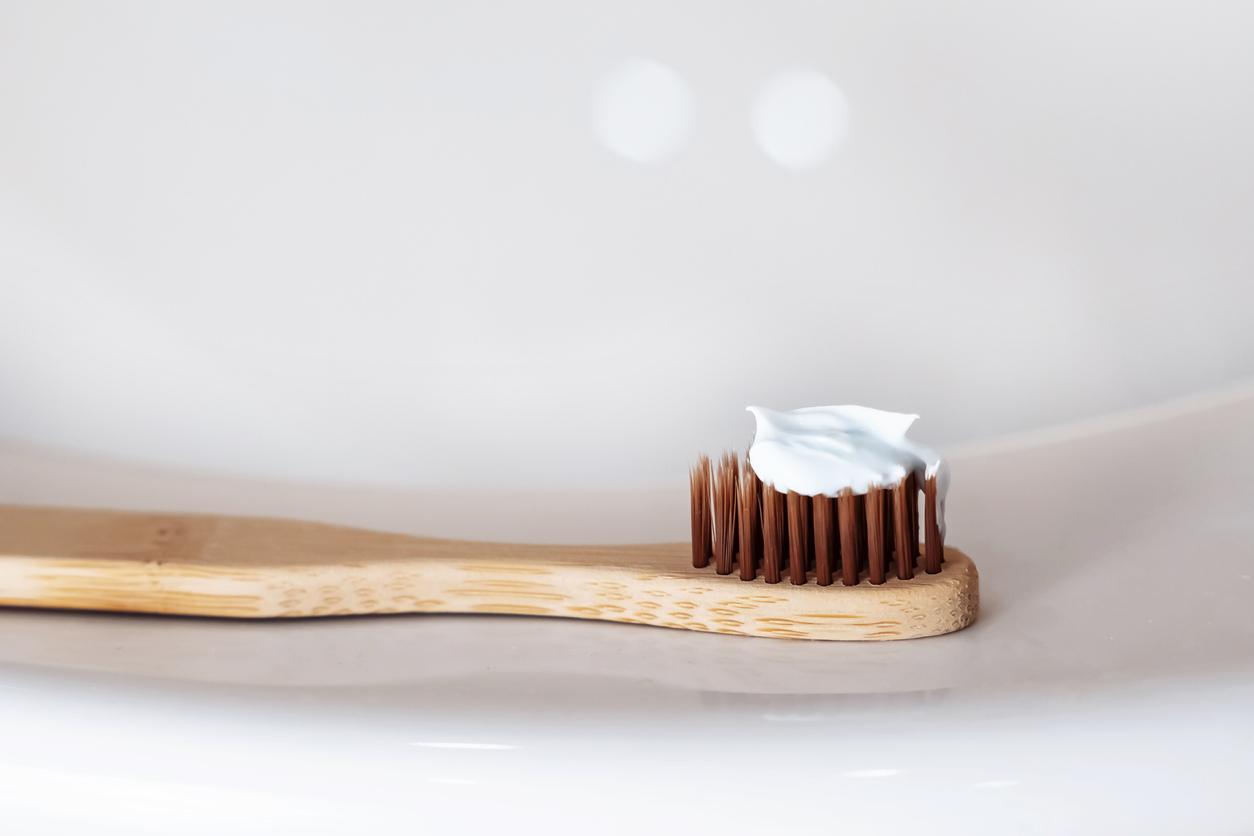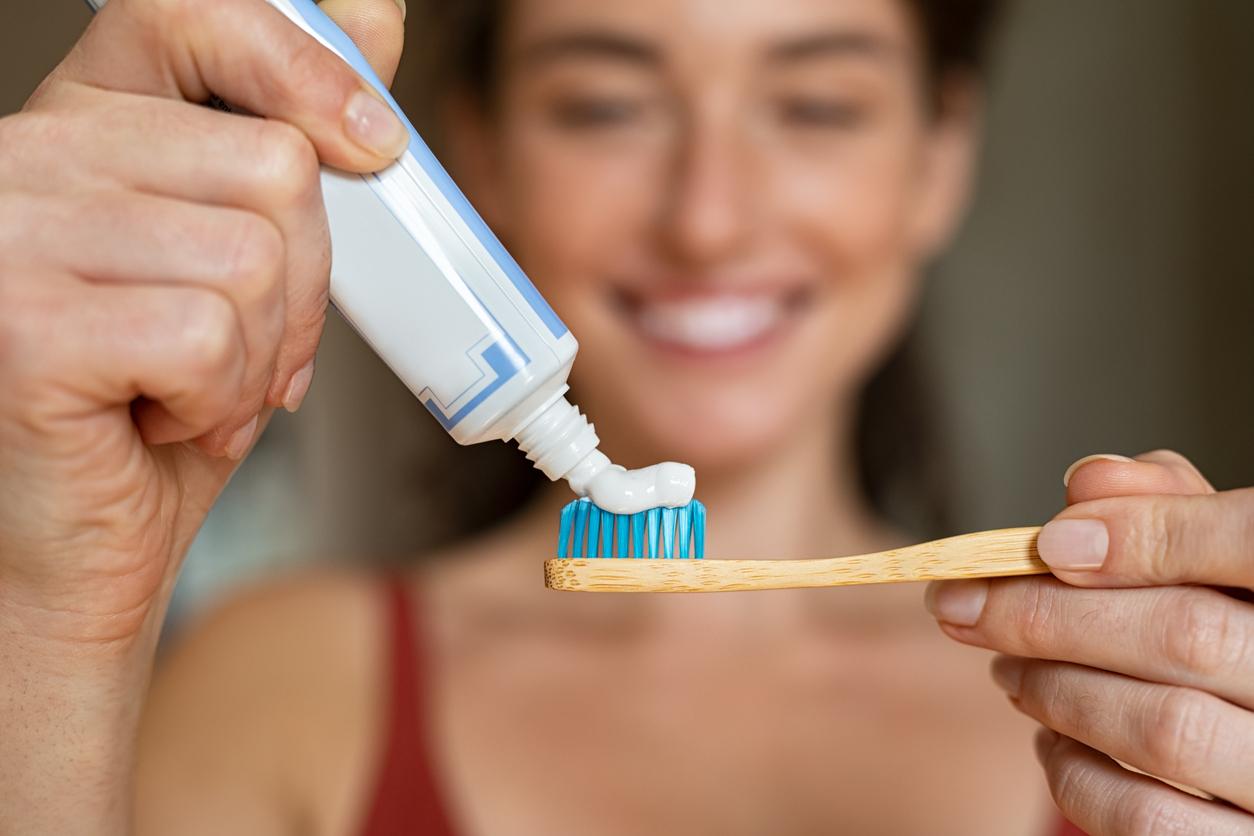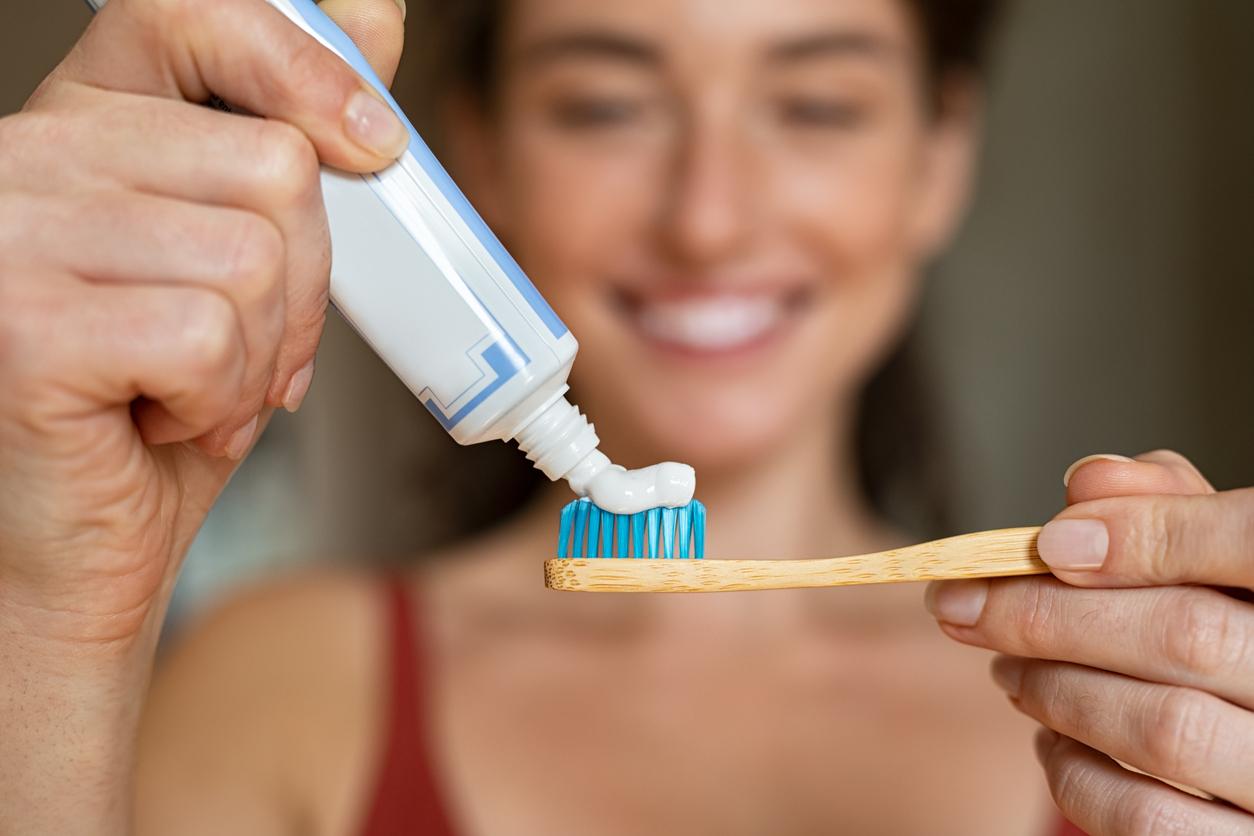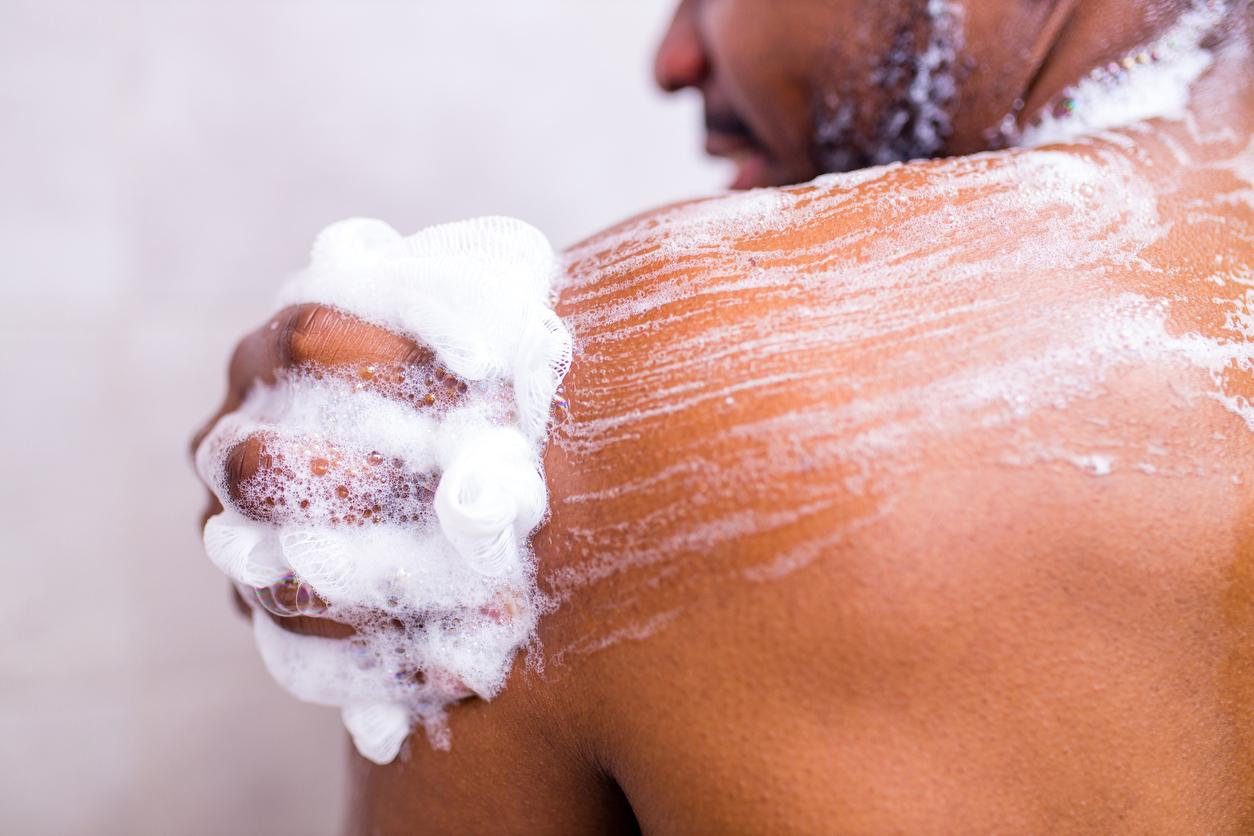Impossible to escape the antibacterials. These compounds present in our environment expose pregnant women and the fetus to health risks.
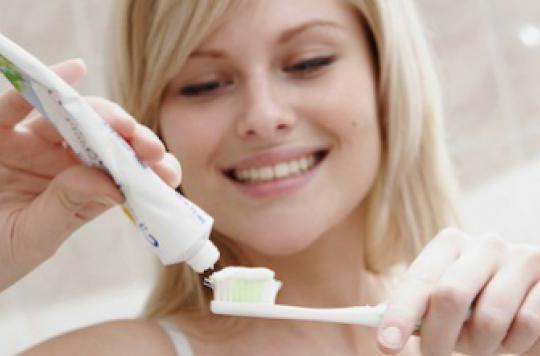
Triclosan and triclocarban… You do not know their name and yet they are part of your daily life. No less than 2,000 everyday products, such as soaps, toothpastes, detergents, carpets or even toys, contain it. And they could well pose a threat to our health.
Researchers at the University of Arizona therefore wanted to measure the exposure of pregnant women and fetuses to these antibacterials. The results of their work have just been presented to the congress of the American chemical society. “We found traces of triclosan in all urine samples from pregnant women we tested,” said Benny Pycke, lead author of the study. We also detected it in half of the cord blood samples, which means that these products pass to the fetus. Traces of triclocarban were also present in many samples. “
Efficient but dangerous compounds
These results are worrying as the dangers of these antibacterial compounds are increasingly recognized. Studies have already shown that their exposure is associated with developmental and reproductive disorders in animals, and that the risk is also probable in humans. In addition, these compounds would participate in the development of antimicrobial resistance, which constitutes a growing threat to public health. The authors of this latest work have found a link between a high rate of bytyle paraben – commonly used in cosmetics – and small newborns.
The hunt for antimicrobials is on
Of course, the body quickly eliminates triclosan and triclocarban, but the danger remains because the exposure is constant and universal. This is the reason why health authorities and companies are starting to take action. For example, Minnesota is the first state to have banned the use of these antimicrobial agents in certain products from January 2017. For their part, Johnson & Johnson and Procter & Gamble have announced their intention to ban them also from certain products. products.
.








